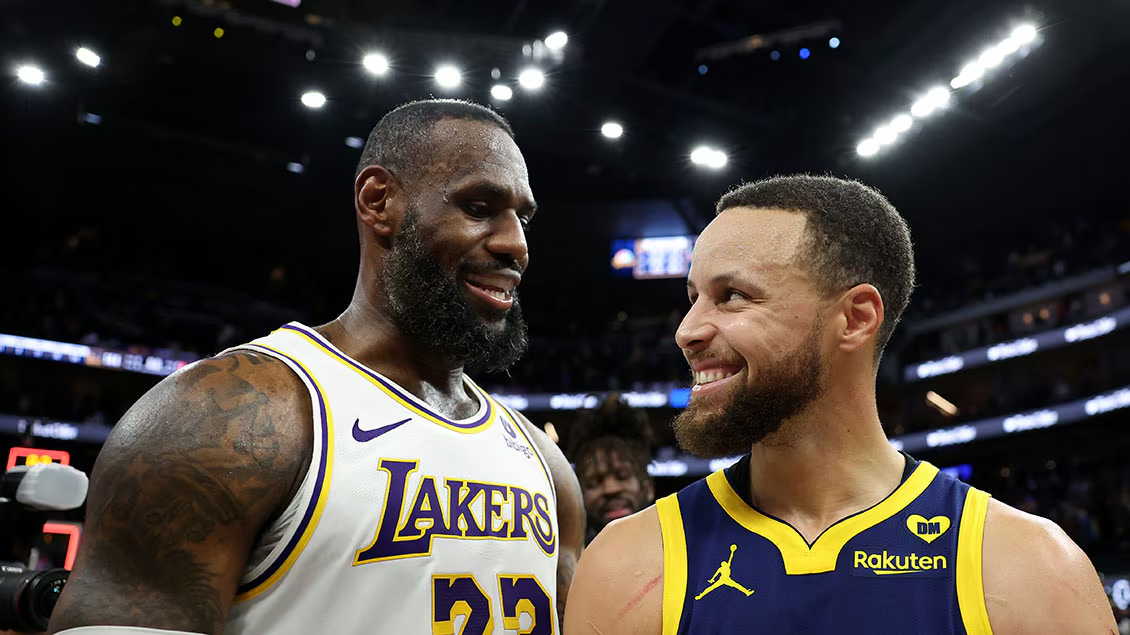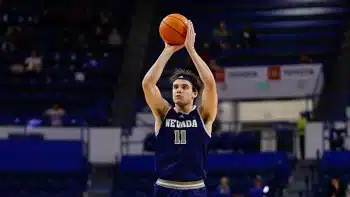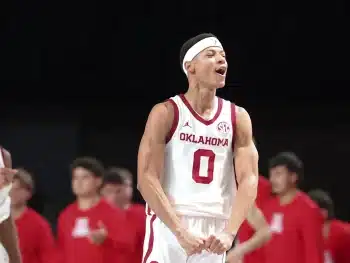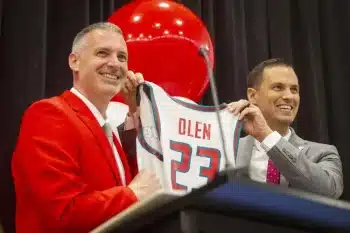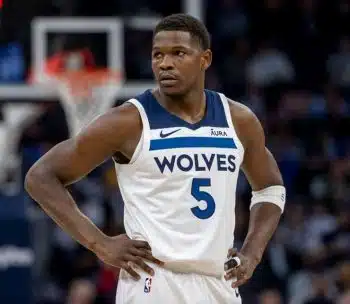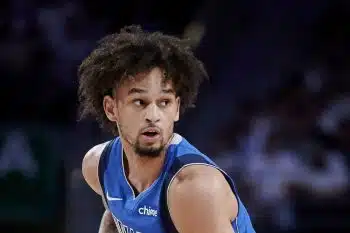NBA
NBA Daily: Could the Rockets Even Trade Chris Paul?
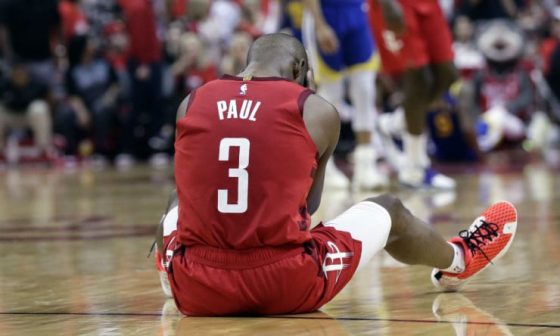
This time a season ago, the Houston Rockets were champions on the rise.
Most Valuable Player James Harden led a valiant charge against the Golden State Warriors in the Western Conference Finals. Despite an injury to running mate Chris Paul, Houston pushed the series, and Golden State, to its limit. But, deflated by the flukiest cold streak ever, the Rockets’ run to the NBA Finals ended then and there in Game 7. They would be back, though, ready to challenge Golden State once again.
So, where did it go wrong?
A modern David built to slay the mythical Goliath that the Warriors have become, the Rockets crumpled in their postseason matchup this time around. Some questionable refereeing aside, Houston has only themselves to blame; a seemingly vulnerable Golden State squad fell into their lap, but Houston squandered the opportunity and fell flat on their collective face, bowing out after just six games in the second round series.
Now, the Rockets seem to be a franchise at a crossroads.
If everyone, sans James Harden, is truly there to be had, Houston may be the biggest question mark of the rapidly approaching offseason. Such a dramatic move would certainly accomplish the goals of General Manager Daryl Morey; a complete reshaping of the roster and the future in Houston – for better or worse – in the name of progress. But could he manage to do the unthinkable? A highly respected figure around the NBA, Morey has the know-how and the pieces to shake things up: Clint Capela, despite the money tied to him, would certainly intrigue a number of teams around the NBA, as would Eric Gordon, P.J. Tucker and a handful of other Rockets under contract next season and beyond.
But would Morey move the biggest available name on the roster, and, ironically, the Rockets’ biggest impediment to improvement, in Paul? Could he, even?
Morey would be hardpressed to find anyone that would want to take Paul, and the more than $124 million he’s owed over the next three seasons, off his hands. The financial burden alone would be difficult to figure out – finding a team with the salary on hand to match Paul’s future earnings and the willingness to give up multiple players in order to facilitate a trade may be impossible – but Morey and Houston may just be stonewalled by a lack of interest entirely.
Paul has been a premier player in the NBA for the last decade plus, but it is fair to say that he has regressed a fair bit in a number of different areas. Paul averaged just 15.6 points per game this season, the lowest of his career, to go along with 8.2 assists, 4.6 rebounds, 41.9% shooting from the field (also the lowest of his career) and 35.8% from beyond the arc.
Paul wasn’t exactly himself in the postseason, either. Paul managed 17 points, 6.4 rebounds and 5.5 assists in 11 games these playoffs, compared to his 20.9-point, 5.1-rebound and 8.5-assist postseason career averages.
A lot of that regression has to do with playing next to Harden, who dominated the ball and ran plenty of isolation offense. But, plenty of it can be attributed to Paul succumbing to something every athlete has to deal with at some point or another: Father Time.
Paul missed major time due to injury this season, the latest plot point in an increasingly troublesome trend for the 34-year-old guard. Paul’s games play has trended downward, and harshly, over the last few seasons: after he played in 82 games in 2014, Paul managed 74 in 2015 before he dropped off to 61 in 2016 and now just 58 in back-to-back seasons.
There just isn’t any team that would want to buy into that trend, certainly not an aspiring one on the rise, and especially not at Paul’s price tag.
There are plenty of other factors that could play into a team’s willingness to trade for Paul: whether or not he is a personality fit in his potential new home would be a major question, as would Paul’s own timeline relative to that of another team.
There are also the financial issues that currently plague the Rockets. Any team that was to take on Paul’s contract would be saddled with it for the next three seasons, and Paul is more likely than not to be playing at a level far below his $40-plus million price tag in 2020 and 2021. Even if Paul was to maintain a certain level of play, it would hamstring any acquiring team massively when it came to making improvements elsewhere. Would his addition be worth the financial burden?
To be clear, Paul’s time as an impact player certainly isn’t over. He may no longer sit atop the NBA point guard hierarchy, but, in a vacuum, Paul is still one of the best talents the Association has to offer. Regardless of whether Houston trades or retains him, Paul is capable of contributing to a championship team.
But transactions aren’t made in a vacuum. There are clear reasons for league-wide reservations in regards to bringing on Paul and, because of that, Morey and Co. might never find a trade partner. It may not impossible – nothing is in the NBA – but Houston certainly shouldn’t expect anyone to jump at the opportunity to add Paul as they would have a season or two ago.
